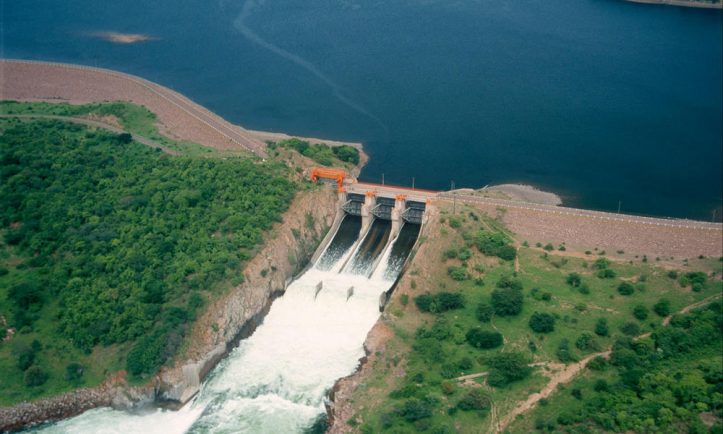The Integrated Resource Corridor (IRC) Initiative
The Integrated Ressource Corridor (IRC) is a global initiative lead by WWF to support an integrated, inclusive and transparent approach to the planning, design and implementation of resource corridors so that sustained economic development and poverty reduction outcomes are best achieved. This aligns closely with the Sustainable Development Goals. WWF-SIGHT has been selected by WWF as the main spatial intelligence tool to provide information on the major corridors, as well the major environmental sensitive areas in order to inform the design of plans. The interactive map below shows the 33 Development corridors in Africa overlapping IUCN protected areas.
Interactive map of the Development corridors in Africa (Click on top left of the map for more info)
The integrated corridor approach
Many regions of the world have identified development corridors as platforms to catalyse and deliver economic growth and development. Integrated planning, supported by sound policies will ensure an anchor investment, and in the case of the extractive industries, an anchor extractives project, can be optimised to deliver wider development outcomes, including economic diversification, regional integration, increased trade, and improved livelihoods. However, in the absence of efficient and effective planning the development opportunities will be lost. This is unfortunately proving to be true in many cases.
To address this challenge, WWF, DFID and Adam Smith International (ASI) have commenced a multi-disciplinary programme of work: the Integrated Resource Corridor Initiative (IRCI). IRCI aims to promote the need for multi-stakeholder collaboration on resource corridor planning and development, and to provide to those considering, planning and implementing resource corridors, products, services and organisation.
Focus on Africa
The initiative, initially focussed on Africa, is structured into 3 phases – scoping, development of a programme and lastly a roll out phase, to include capacity development. The programme recently completed its scoping phase, which conducted initial research on existing resource corridors, initiatives and organisations active in the resource corridor development space. The result is this Scoping Paper, outlining key recommendations and success factors, and a Business Plan. Upon consideration of this document, the IRCI partners will reaffirm and agree their common programme objectives and their respective contributions to reaching these. Phase 2 will further interrogate the findings of this Scoping Phase and identify pilot corridor projects to work with and support.
A multi-disciplinary IRCI community of resource corridor actors from Government, civil society and the private sector, established to ensure continuous progress and improvement of the methodology and tools, to incorporate IRCI practitioner experience, learning and seminars; an IRCI partnership of core and supporting organisations mandated to develop, oversee and steward the framework. The core partners in phase 1 are WWF, DFID and the World Bank, but new core partners will join for future phases.
